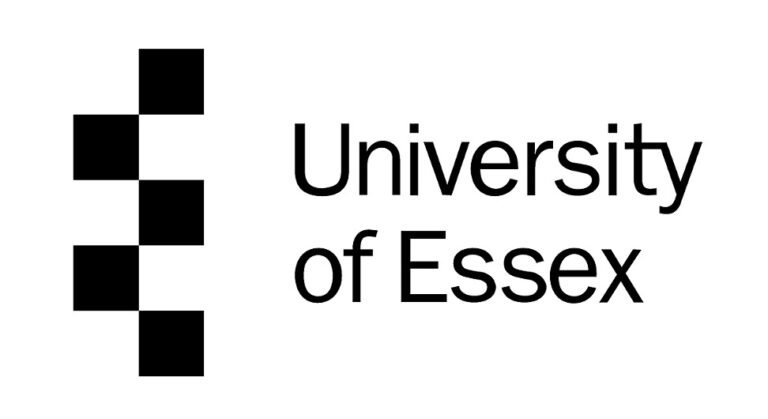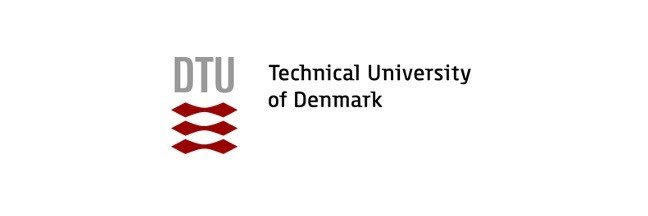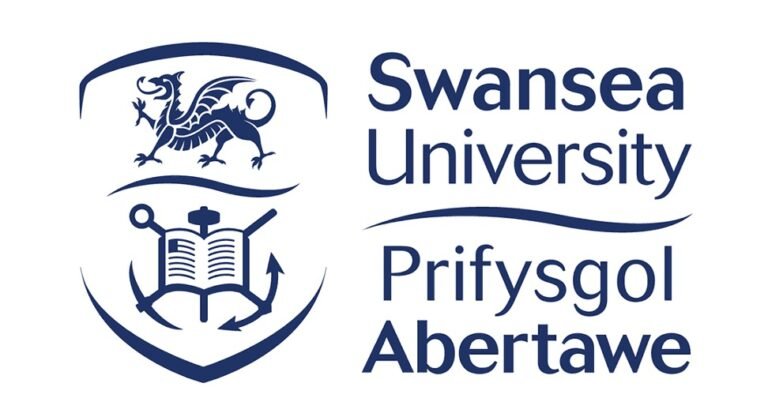Overview
This is an opportunity to conduct fully funded interdisciplinary research under the Sustainable Transitions Leverhulme Doctoral Training Programme at the University of Essex.
This project focuses on the costs and benefits of unilateralism in pursuing sustainable transitions. In recent years, the EU has ramped up its use of unilateral economic instruments as a way of exerting leverage on third states in the areas of sustainability and climate policy. From the new Deforestation Regulation, to the Carbon Border Adjustment Mechanism, to the Corporate Sustainability Due Diligence Directive, the EU is using the power of its economic market to influence the behaviour of actors around the world.
However, it is also experiencing push-back against its unilateral initiatives from multiple stakeholders including governments, businesses, and international organisations, and questions remain regarding whether these rules are effective in changing stakeholder behaviour.
The project will investigate the use of such unilateral international economic policies to pursue environmental goals, asking questions about the legality and legitimacy of these policies, as well as their effectiveness in achieving sustainable transitions, taking into account different actors and stakeholders and the role they play.
Interdisciplinary focus
Methodologically, the project will combine traditional legal doctrinal analysis with multi-stakeholder analysis. Depending on the applicant’s interests, it may also make use of particular theoretical tools, such as post-colonial or post-Marxist approaches, political economic analysis, or narrative analysis to assist in evaluating the legitimacy and/or effectiveness of unilateral economic regulation for sustainable transitions.
Training and support
You will be supported through the Sustainable Transitions training programme which provides initial training in interdisciplinary research methods, training in the secondary discipline within the project area, and ongoing training throughout the duration of the programme. All doctoral scholars benefit from the support of Proficio, which entitles you to £2,500 that can be used to purchase training courses either within or external to the University.
Additionally, all scholars are entitled to an additional £10,000 that can be used to cover research costs and further training. Doctoral scholars are encouraged to audit/attend University masters and degree level courses where appropriate. You will also have the support of the Sustainable Transitions management team as well as your own supervisory team. All Sustainable Transitions scholars will become part of the University of Essex Centre for Environment and Society through which ongoing events and networking opportunities are available.
Person specification
This opportunity would suit a candidate with a degree/ background in law or international relations. It is not necessary for the candidate to have necessarily have prior training in stakeholder analysis this will be provided on the programme.
Research proposal
The project area is broadly defined, leaving scope for the applicant to develop their own specific research proposal as part of the application. The successful candidate will further develop their proposal in close consultation with the supervisory team.
Supervision
The primary discipline supervisor takes the lead responsibility for supervising the project. For further detail relating to supervision see the Guidance for Applicants (.docx) document.
Additional background information
This project focuses on the costs and benefits of unilateralism in pursuing sustainable transitions and the role different stakeholders can play the success of these initiatives. In recent years, the EU has ramped up its use of unilateral economic instruments to further its sustainability and climate policy goals outside its borders, taking individual action where it perceives that collective action has gone neither far enough nor fast enough for its ambitions. In doing so, it hopes to exert leverage on third states, businesses, and other actors and encourage them to operate according to the high environmental protection standards set by the EU. From the new Deforestation Regulation, to the Carbon Border Adjustment Mechanism, to the Corporate Sustainability Due Diligence Directive, and more, the EU is using the power of its economic market to influence the behaviour of public and private actors around the world.
However, it has also experienced push-back against its unilateral initiatives from multiple stakeholders including other countries, international organisations, businesses, trade groups, and NGOs. Some argue that legally the EU is exceeding its jurisdictional bounds and that its attempts to influence behaviour outside of its borders amount to extraterritorial regulation. Trading partners have pushed back diplomatically against these policies and some have threatened to bring claims before the World Trade Organisation arguing that the EU’s rules are discriminatory and arbitrary. Others see the EU as a rogue actor attempting to impose its own standards across the world without consultation or democratic control in
order to benefit its own economy and producers and protect them from competition. Charges of ‘greenwashing’, ‘neo-colonialism’, and hypocrisy abound.
In an era of climate catastrophe, how should we view this type of unilateral action? Is it time for the old rules to give way so that countries can pursue more ambitious climate targets? Or do they continue to be fit for purpose, preventing wealthy states from abusing their economic power? Are unilateral rules effective in changing stakeholder behaviour? Or do they only serve to promote greenwashing and protectionism?
The project will investigate the use of unilateral international economic policies to pursue environmental goals, asking questions about the legality and legitimacy of these policies, as well as their effectiveness in achieving sustainable transitions, especially taking into account different actors and stakeholders and the role they play as they work within and make sense of new policies and regulations. The perspectives of stakeholders are key to the success or failure of such initiatives and should be taken into account as ideas and legal frameworks are shaped.
The project could develop in a number of ways within this framework, focusing in on one regulation or broadly on legal or political questions of regulatory authority. Methodologically, the project could opt to employ traditional legal and social science methods, or could analyse its subject matter from the perspective of approaches such as, for example, post-colonial or post-Marxist approaches, political economic analysis, or narrative analysis to understand different stakeholder voices should the applicant be interested in doing so.
How to Apply
Full details available at Sustainable Transitions Leverhulme Doctoral Training Programme.
Supervisory team references
- Jessica Lawrence, ‘We Have Never Been ‘Multilateral’: Consensus Discourse in International Trade Law’, in Łukasz Gruszczynski et al (eds), The Crisis of Multilateral Legal Order: Causes, Dynamics and Consequences (Routledge 2022)
- Jessica Lawrence, ‘The EU in the Mirror of NPE: Normative Power Europe in the EU’s New Generation Trade and Investment Agreements’, in Csongor István Nagy (ed), World Trade and Local Public Interest: Trade Liberalization and National Regulatory Sovereignty (Springer 2020)
- Jessica Lawrence, Governmentality in EU External Trade and Environment Policy: Between Rights and Market (Routledge 2018)
- Hirvensalo, A., Teerikangas, S., Reynolds, N-S., Kalliomäki, H., Mäntysalo, R., Mattila, H. and Granqvist, K., (2021). Agency in Circular City Ecosystems—A Rationalities Perspective. Sustainability. 13 (5), 2544-2544
- Onkila, T., Reynolds, N-S., Koistinen, K., Mäkelä, M., Teerikangas, S., Sarja, MS. and Valkjärvi, M., (2024). Meaningfulness, satisfaction, and frustration: The importance of emotions for sustainability change agency. Business Strategy and the Environment.





